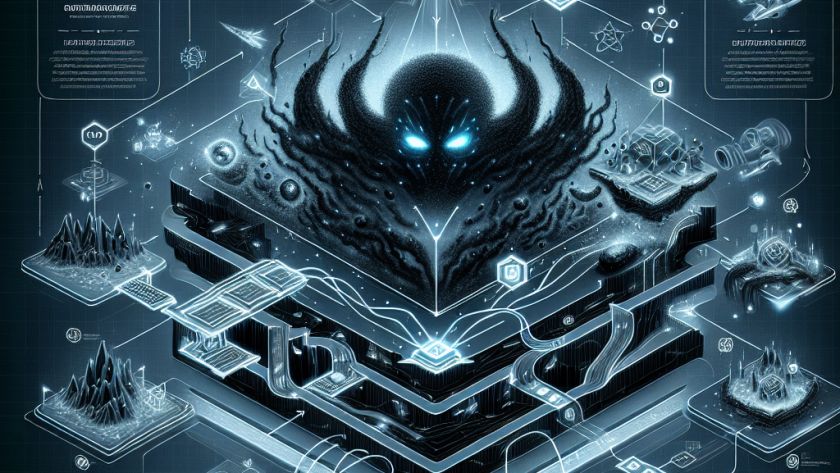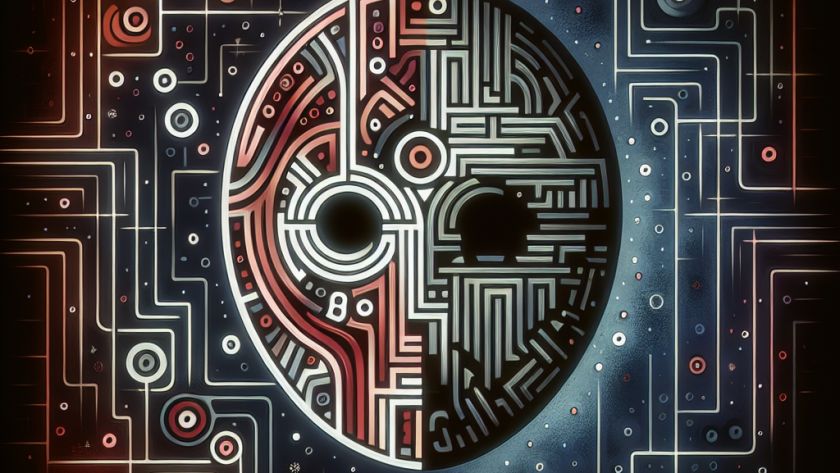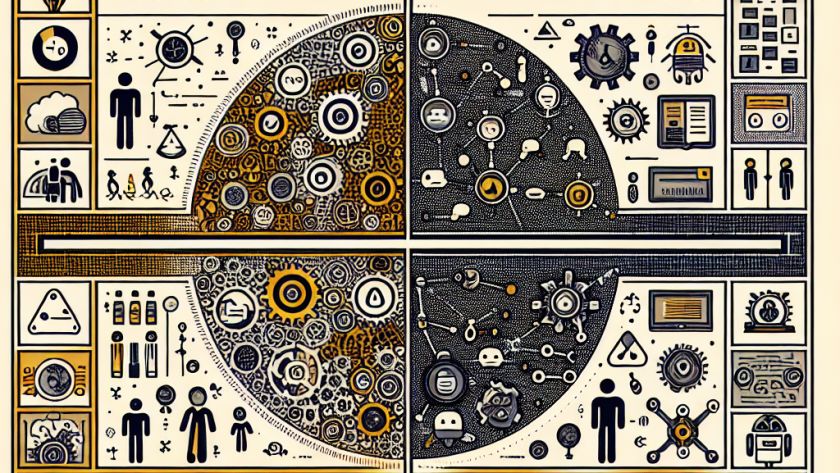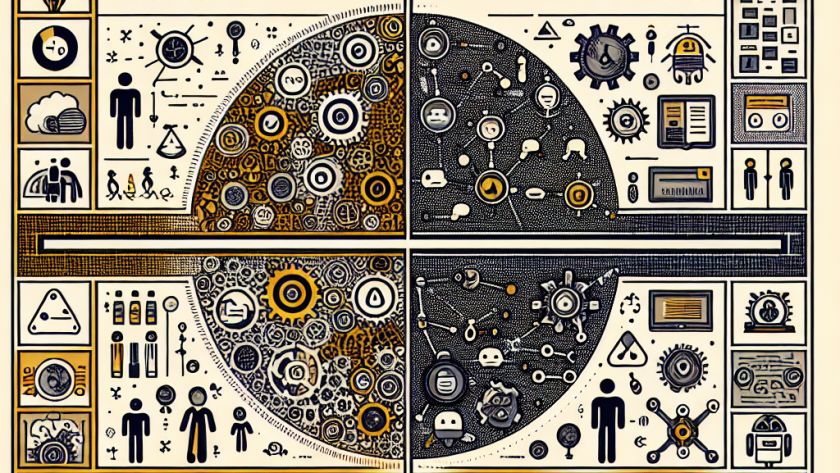OpenAI recently announced the creation of a Safety and Security Committee, which is responsible for giving advice on vital security and safety decisions related to all OpenAI projects. The committee is composed of directors Bret Taylor (Chairperson), Sam Altman (OpenAI's CEO), Adam D’Angelo, and Nicole Seligman. Additionally, the committee includes Aleksander Madry (Head of Preparedness),…












